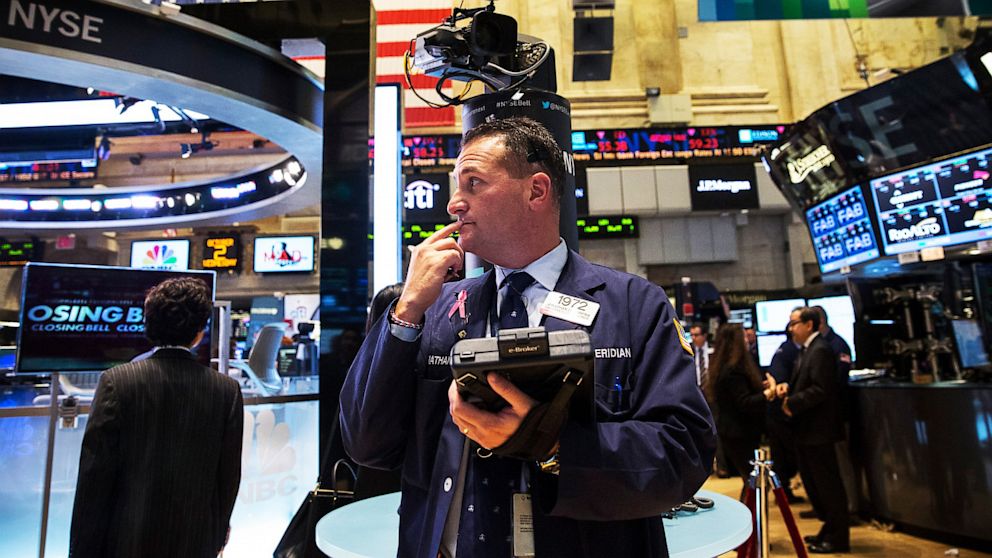Stocks Take a Hit: Does Debt Ceiling Fear Mean It's Time to Buy?
Does "buying low" and "selling high" apply to the government shutdown?

Oct. 7, 2013 — -- As the government shutdown enters week two and the deadline over raising the nation's debt ceiling of Oct. 17 approaches, some investors are concerned about a debt default while others see this as a buying opportunity.
Panic and a serious slide in stock prices may be an opportunity for investors to add to their stock positions, said Bruce McCain, Key Bank's chief investment strategist.
"If investors have cash, we think now is a good time to deploy it," McCain said, adding that he has a personal interest in international investing opportunities.
McCain explains that he sees little chance of a serious recession as a result of the government shutdown and debt ceiling debate.
"Wall Street is acting largely as though this is not going to be a big deal and it will be resolved, so you haven't seen a terrible slide in prices in stocks. But if this continues there's a chance we will see a serious correction in the market between 5 and 15 percent from a light correction to a more serious correction," McCain said. "But once we get through the problem, prices may rebound as investors focus on the long-term economic outlook."
But he cautions that investors need to be "very careful investing in equities because earnings aren't rising that quickly either."
And of course, an investor should be prepared for the consequences if a government debt default or recession does take place.
"Potentially investors can grouse about the stupidity of the Washington political process but thank them for the potential buying opportunity, if it actually disrupts the market seriously," he said.
Read More: Boehner To Obama: 'All He Has To Do Is Call'
Typically, U.S. investors flock to safety in the form of U.S. Treasuries when there is uncertainty in the stock market. The situation doesn't seem to be very different in this case. Despite an apparent lack in confidence in government as a whole, many investors still trust U.S. Treasuries.
A government shutdown may be bullish for U.S. Treasuries while a downgrade from a rating agency would be a bearish event for Treasury prices, said Tom di Galoma, ED&F Man Capital Markets' co-head of fixed income rates.
The shutdown reduces the chances that the Federal Reserve will let up on its bond-buying, which has stimulated the economy. A default, on the other hand, would disrupt the bond market, but few experts think this will happen. Moody's Investors Service sees a "very low" chance of default.
Di Galoma said he believes a decision to avert a default will come in the last 48 to 72 hours before a default would take place.
"Until then look for the bond to be stable," he said. "However my feeling is a negative result is more negative for equities than it is for bonds."
The Dow Jones Industrial Average fell 94 points today to 14,979 while the S&P 500 was down 0.55 percent to 1,681. The Nasdaq Composite was down about 0.68 percent to 3,782.




